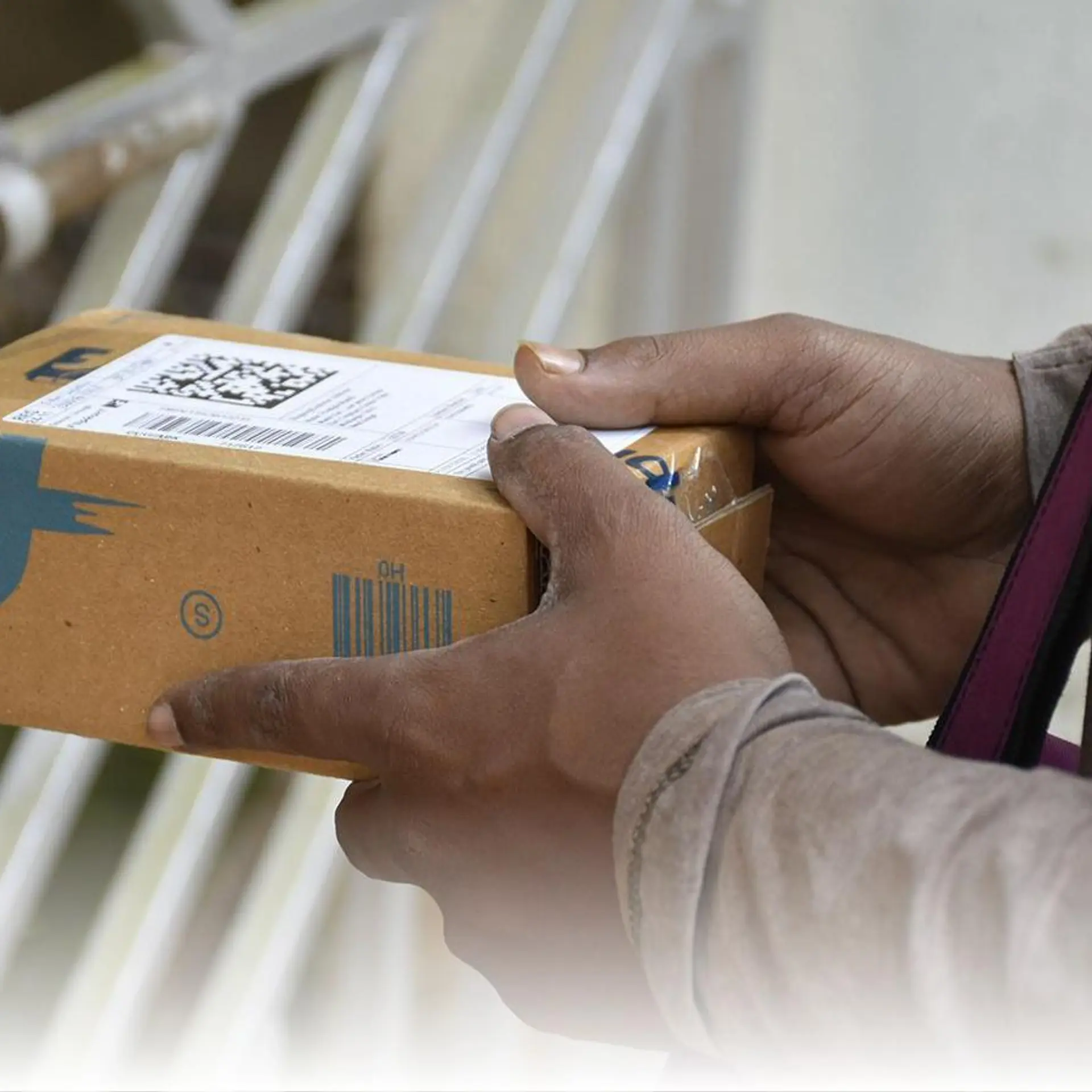This duo is reviving pottery in Kutch that’s Dehaati by material, skill and character
Kutch-based Dehaati is bringing back the tradition of pottery and other crafts in Kutch through design and community engagements to help bridge the urban-rural divide.

When was the last time you drank water out of an earthen pot or had food cooked in earthen pots? The taste and smell of food and water is absolutely delectable, but it doesn’t just stop there; there are numerous health benefits attached to earthenware, too.
Doesn’t it make you wonder why did we switch to utensils made of other materials?
Srishti Verma and Niraj Dave wondered as well. That’s why, in an attempt to bring back the tradition of pottery and to promote rural potters, their skills, and their pottery, they founded Dehaati in 2016.
Bringing back lost traditions
The idea of an organisation was first sown in the year 2016.
Srishti says: “Local clay products come with a few fears - customer satisfaction, material unawareness, fragile nature, and desired market. The fears have kept rural potters and their work from getting the kind of worth that an industrial-based pottery product does.”

“We, at Dehaati, aim to bridge this gap and work with all the possible forces for promotion of rural based pottery, potters and their skills,” she adds.
Dehaati, which literally means “a villager”, emerged with an approach to be as original and honest as possible in an era of unreal existence and adulterated identities.
Dehaati aims to be the most pure form of the craft, showcasing local skills, traditional values, narratives and materials along with value addition and design innovation.

Self-funded, Dehaati has now emerged as a brand for promotion of less acknowledged hand skills and with an objective to bring back our lost traditions.
“We take inspiration from simple objects, people, and their traits, traditional values and knowledge systems. We, as designers working in the craft sector, have always been admiring the growth and recognition for textile crafts in India and particularly in Kutch,” says Srishti, a graduate from Indian Institute Of Crafts and Design, Jaipur.
Living closely with communities and understanding their traditional value systems has been among her key areas of work, regardless of material, practice or people. She has been part of many curated projects in Kutch and has worked closely with artisan communities of potters, leather, metal and wood workers.

As a head researcher in Kutchi pottery, while working with a Kutch based NGO, Khamir, she has documented more than 80 traditional pottery shapes from the region. She believes more in the process than end product, and diverse exposure to the region has brought her a deep understanding of other local and pastoral communities, their material culture, and narratives.
Srishti’s core interests include research, investigation, writing, archival, curation, and travelling.
She says challenges have been a constant part of Dehaati’s journey.
“We love each and every challenge coming our way and the process of resolving the same. We are a self-initiated and self-funded project; this brings along beauty and struggle,” Srishti says.
Range of products
Dehaati offers a range of utility products varying from kitchenware, home décor to lifestyle, which are available online.

Apart from products, Dehaati also provides services and considers itself an institute open to all for pottery learning modules, workshops, craft exposures, and pottery tours in Kutch. The team also works towards producing sustainable ideas for interior spaces and architecture.
“We try to combine local materials and techniques with more contemporary ideas and modern needs. We explore and work with the local red and white clay from the Kutch region. We also try to incorporate foreign techniques and clay compositions in harmony with local material for innovations and new product ideas,” she says.
“At present, we produce a range of earthenware and also a mix of terracotta and ceramic. We also work with traditional wood (Vadhas) and metal workers (Luhars) in Kutch and produce a range of products in the same materials,” Srishti adds.

Dehaati also tries to identify and source skills from local women, truck drivers, and Ganesh idol makers for many product innovations. A mix of products have emerged in a variety of materials, including jute, cotton threads, metal, wood, and local grasses.
The major raw material used is local terracotta clay and natural colours for painting, locally procured from river banks and hills.
Rural potters and their hard work remains the strength of Dehaati. Srishti and Neeraj take inspiration from everything they teach and practice.
"There is no chronology of eyes, hands and heart while action in pottery. All three have to be alert and perform parallel at the same time", says Ramzan Ali Kumbhar, one of the team members at Dehaati.
Ramzu bhai has worked in various capacities for the betterment of his community of Kumbhars and recognition to Kutch pottery craft. Aamad, his younger son, now continues to work as a team with Dehaati and inspires the next generation potters to continue practicing this craft.
Response to eco-friendly products
Dehaati has received a warm welcome in a world where eco-friendly products are making a mark.

Srishti says, “To get crafts acknowledged and make them a part of our daily lives, it is important to see them beyond objects/souvenirs. As long as we designers realise this and work in this direction, craft should hope to see its place in every household and class of people.”
With dramatic changes in environment and increased use of synthetic materials, people are soon realising the importance of “going back to the roots” and have begun to welcome the idea of handmade and naturally made. There are many people now willing to adopt the ideas of sustainable and eco-friendly living.
Neerajsays: “We definitely see the trend getting picked up, although it needs more push and awareness among general masses.”

Neeraj is a trained ceramic designer who did his fine arts from Hudson Valley Community College, Troy, New York, and later continued with his graduation in fired materials from Indian Institute Of Crafts and Design, Jaipur.
He takes his inspiration from the most abandoned thoughts and treats them as gems. His earlier work with potters across India and then in Kutch led him deeper into their lives and into patterns of this ancestral craft; he’s now a co-creator.

Dehaati plans to host more and more enthusiasts and learners willing to explore Kutch pottery in their common studio space in Kutch to share and explore new ideas. The team is in the process of setting up the studio space, which aims to deliver service in the form of design, innovation, craft awareness, rural exposure, learning, hospitality, food and sensory engagements.







